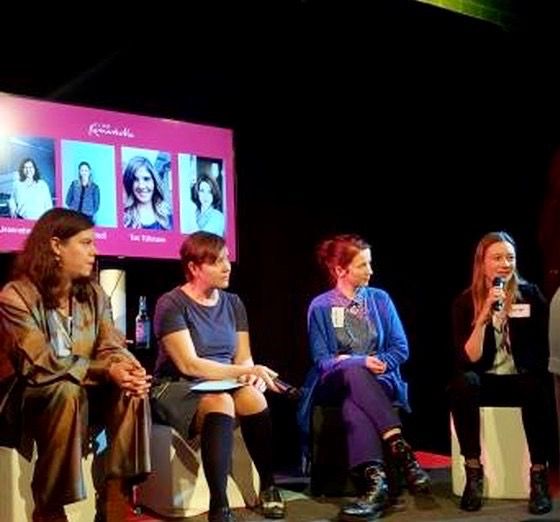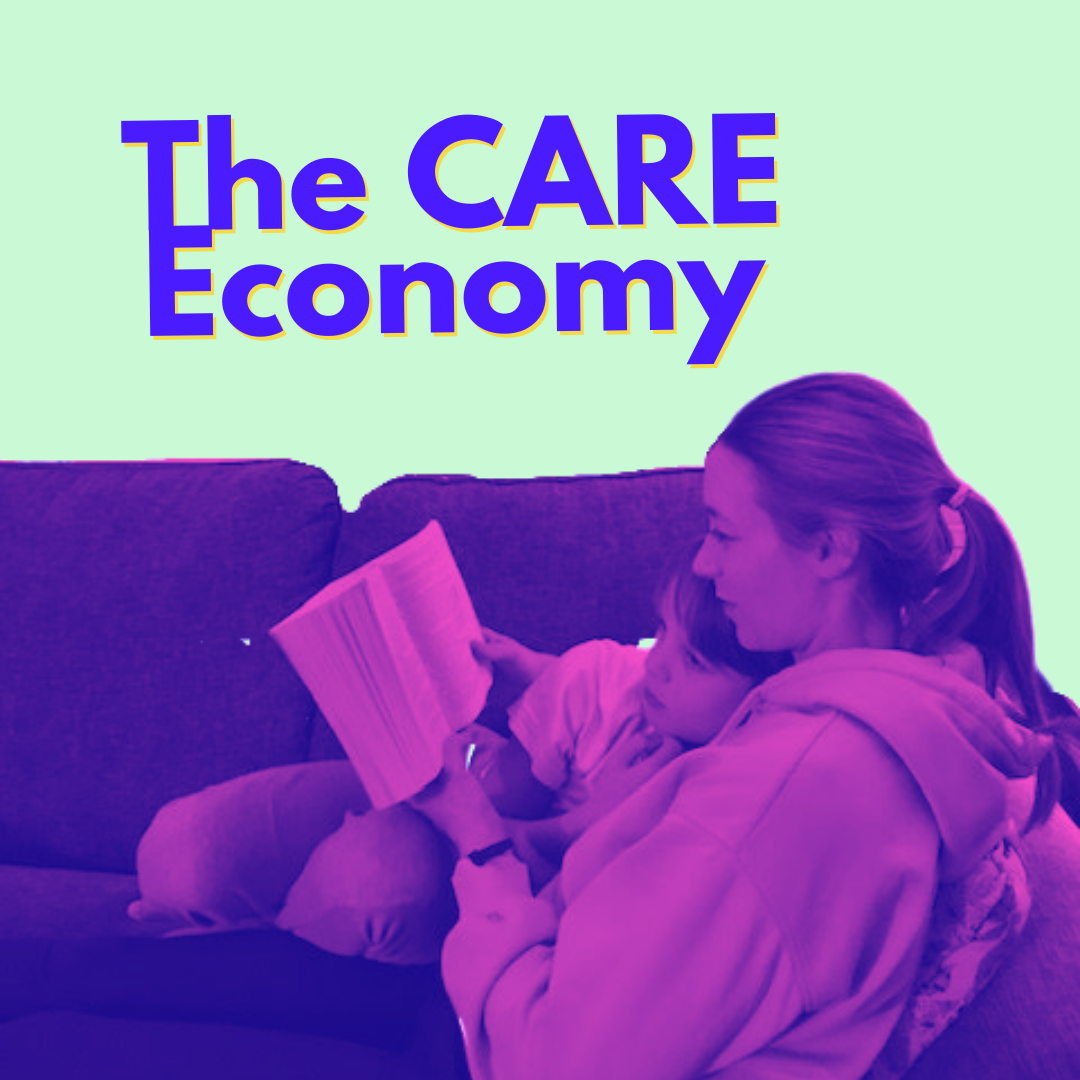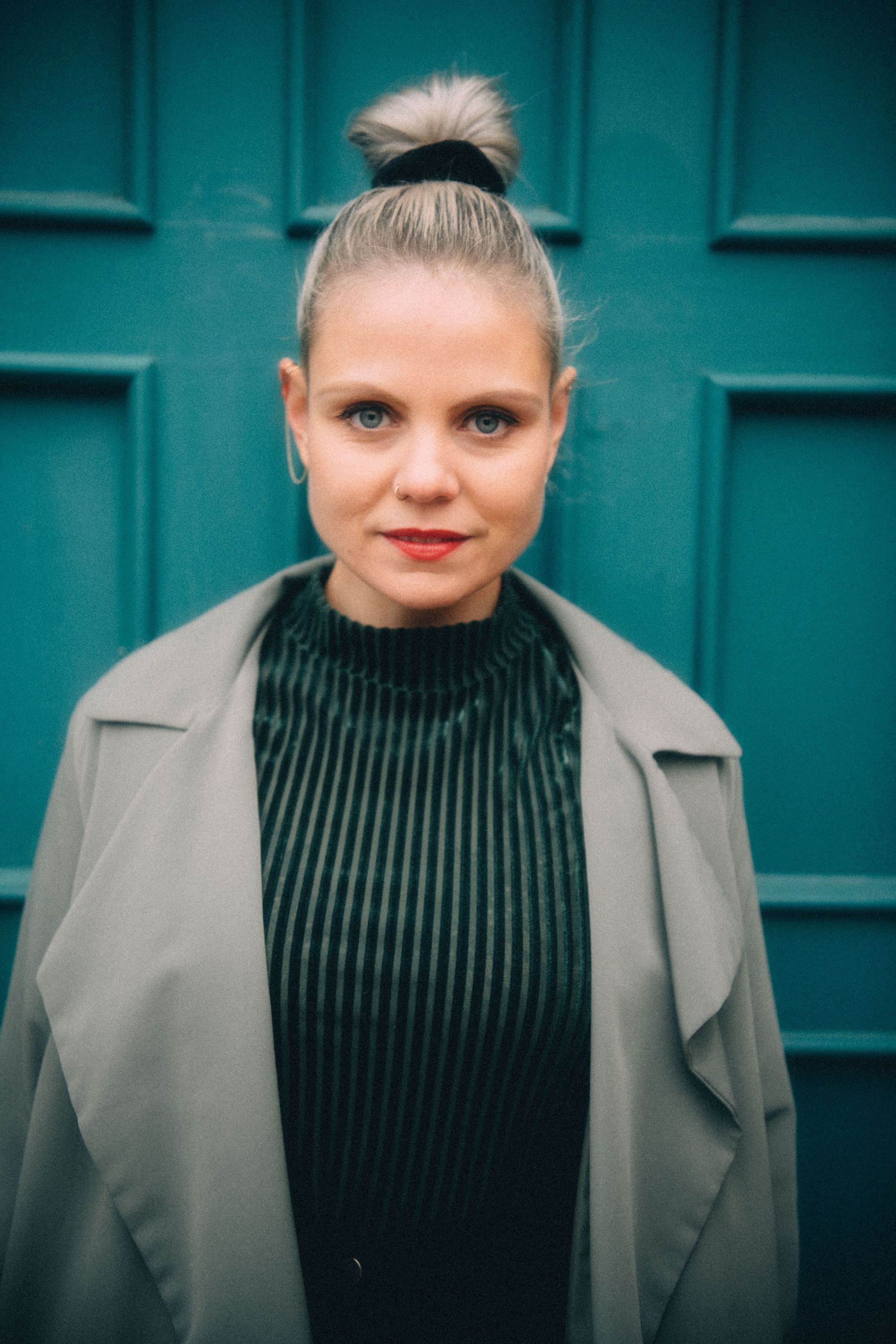In 2018 I was invited to speak at a panel at the Berlin YouTube Space for International Women’s Day. That invitation was exceptional for three reasons - I immediately asked if I could also bring our team’s youtube creator to the event, for networking. I met an extremely talented creator I’d heard about, and let her know about an open position in our team that she should apply for. And - I stumbled onto an #IamRemarkable workshop.

The #IamRemarkable campaign was launched on International Women’s Day to challenge norms around modesty and self promotion and to support & women to learn the tools to become more confident speaking about themselves and their accomplishments. Since then, the campaign has broadened to include other groups, historically underrepresented.
The workshop was eye opening for me: I knew that I had difficulties talking about myself and my success. Introducing myself in investor pitches, at conferences or events was consistently the most difficult part of every discussion I was in. I always felt I wasn’t really that good, that my successes were not really mine, but a team effort - something I wouldn’t want to take credit for. If it wasn’t a slam dunk perfect result, I didn’t want to share it. If possible, I would let my male co-founder do most of the talking and expound on his experience and success. Over time, it became natural that he spoke for both of us, led discussions and held the presentations and I came to think that even current successes were less and less mine.
During that workshop at the YouTube space, I began to see that it wasn’t just me, but that exactly what I was experiencing was part of a larger systemic problem. Of course I had heard about imposter syndrome - but I felt like that was for other people, people who really were good, but didn’t know it.









It helped to hear that other people feel this way too - other people who from the outside look so strong and so successful struggle with self confidence and self promotion too. Seeing all of the data from the flagship studies around implicit bias, imposter syndrome, gender pay gap was like a lightbulb went off. Women have more ingrained social norms about modesty and in the workplace have historically been disadvantaged when they have tried to be more assertive, learning that this doesn’t pay. In collaborative settings, women will often give more credit to their male teammates. Women have more self doubt than men - which is not surprising since they are often left off technical projects and teams, given vague feedback and less likely to get promoted while being mentored. Take a look at some daunting facts I've referenced and sourced from the literature review, below.
Let the data speak for itself - facts from flagship studies around women in the workplace.









The following year, I held this workshop for my team at Makerist. I wanted everyone who worked in our team to be able to present themselves with confidence and poise and to be aware of their unique contribution to our company. I made clear that it was their responsibility to make sure their managers (sometimes, me) knew about their successes and how they personally impacted our business goals. It was almost counter-intuitive for me to do this right before the time for salary negotiations, where I would be sitting across from many of the team negotiating their salary increase for the coming year, but that I wanted people to take responsibility and challenge us to pay them fairly and promote them when it was time.
There are easy things we can all do to make a difference, whether we are approaching this issue as a woman in the workforce looking to get ahead, as a manager, as a mentor or as a mother. Share the things you are proud of - and learn to make them measurable. Give specific feedback on completed projects and skills needed to advance if you are in a leadership position. Mentor a women in your field and be her cheerleader at work. Don't refer to your daughters as bossy, but encourage them to be leaders in groups and to feel comfortable giving direction and taking applause. Be an example and share your wins.
This workshop is necessary for everyone - because in today’s workforce, personal branding is more and more important - everyone needs to know what they are uniquely good at, and make this part of their brand. Sharing these experiences and encouraging one another to share accomplishments and to self promote will hopefully correct some of the issues around self confidence, gender pay gap, and advancement of women and underrepresented groups into C-level and board seats.
Because the program comes from within Google, there is a lot of structure around the workshop, and data creation. #IamRemarkable has reached over 185,000 participants and 800 companies across 150 countries, while impacting people's lives by helping: 82% feel more confident 89% are more active in self-promotion 49% achieve job / career growth.
This March on International Women's Day - I will be hosting a free, virtual #IamRemarkable workshop - Happy to see you there! Space is limited to 15 people, so sign up via Eventbrite .
#IamRemarkable, #IWD2021, #ChooseToChallenge, #newwork, #personalbranding






